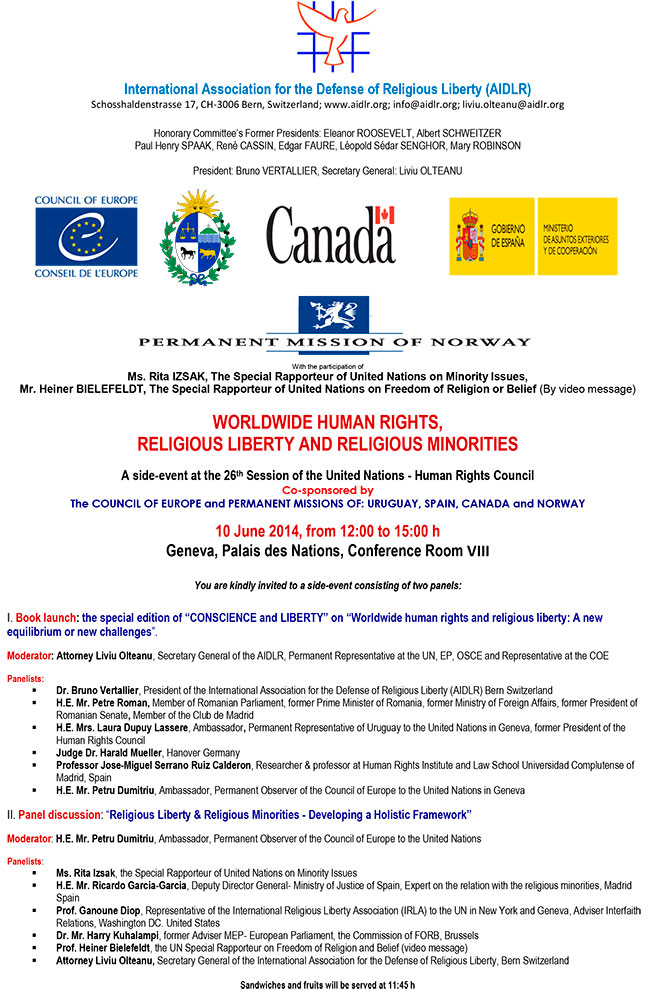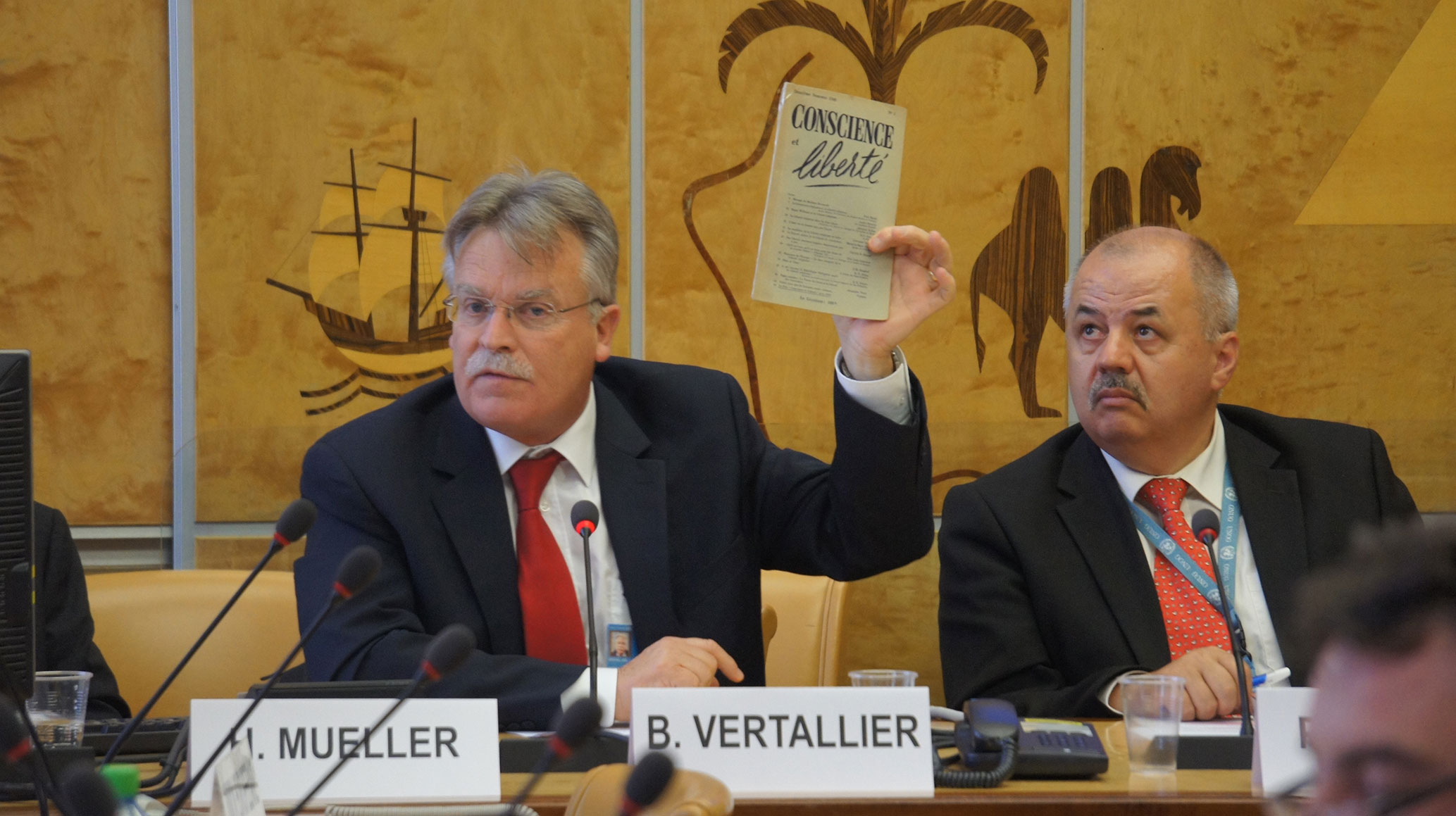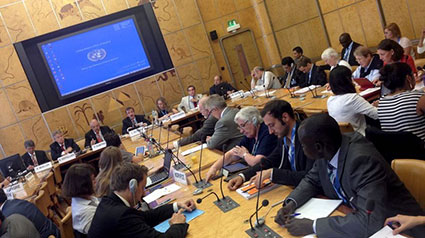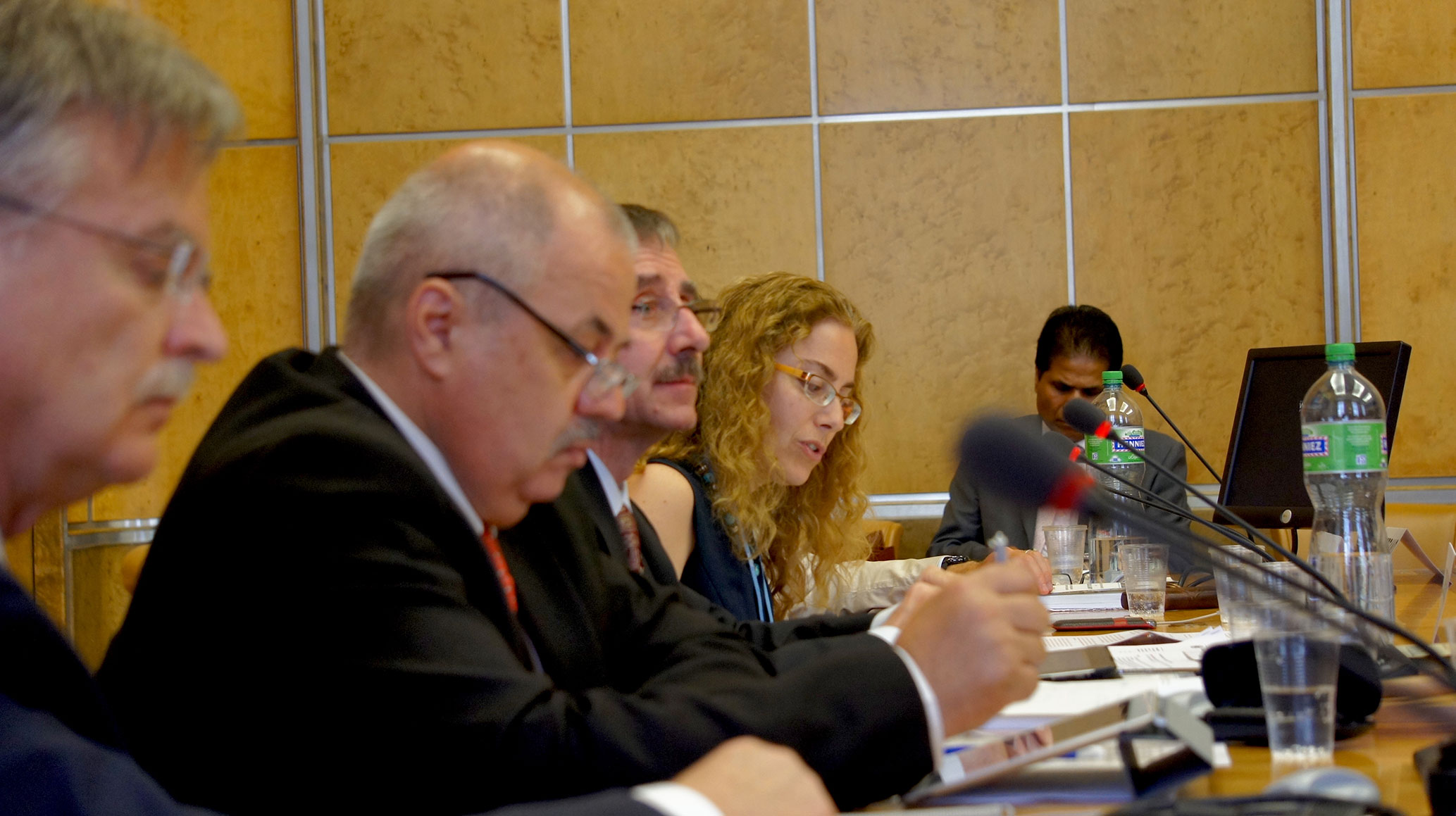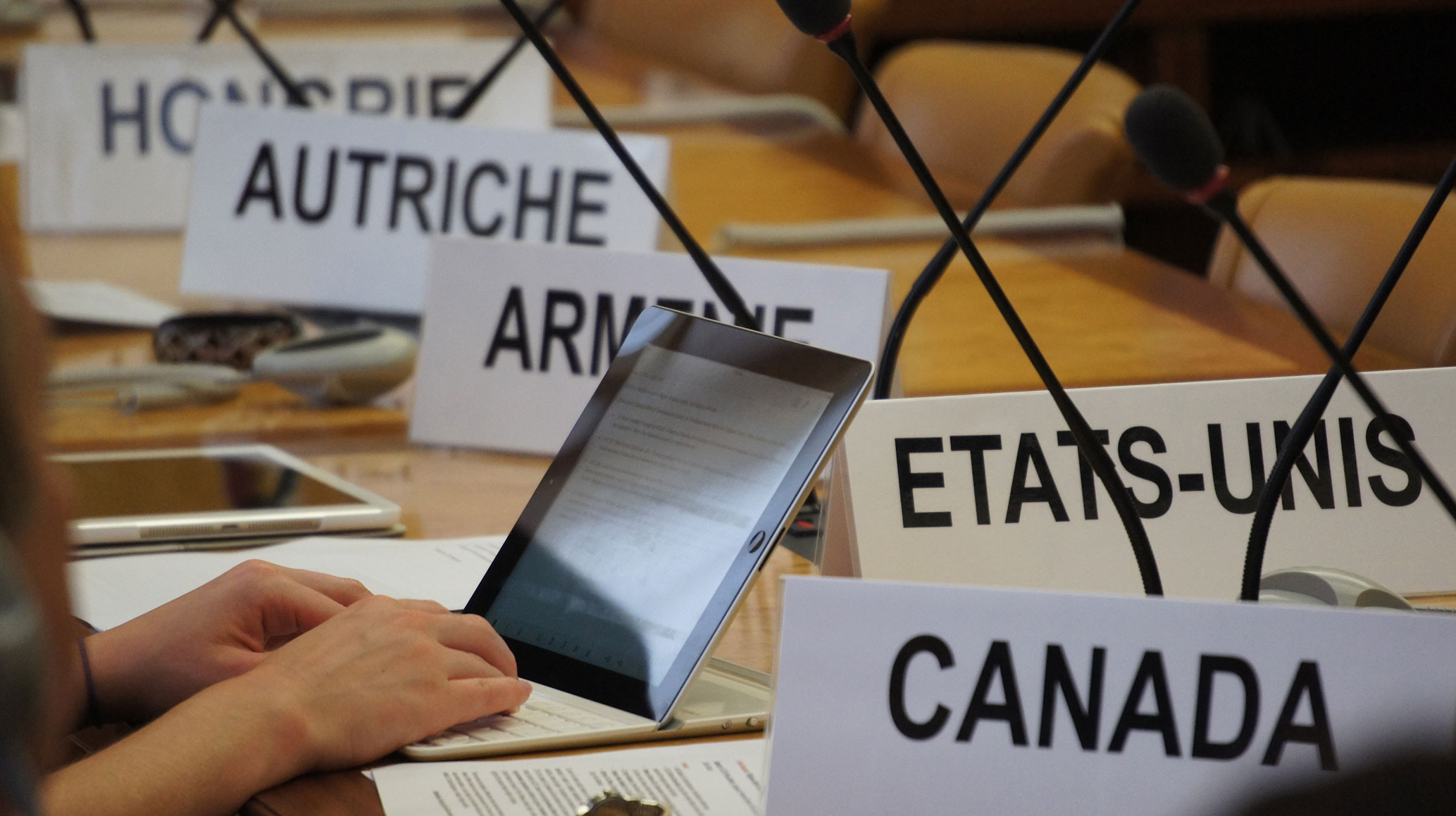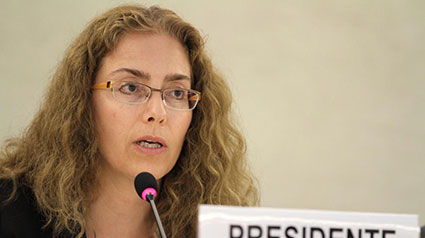Event Program
Other Events
GENEVA 2014
«Worldwide Human Rights and Religious Liberty: a new equilibrium or new challenges»
Two side-events at the United Nations on the time of Human Rights Council 26th Session
Geneva, Jun 10th, 2014
The success of the previous events organized by the International Association for the Defense of Religious Liberty (AIDLR) from Switzerland - or where the AIDLR participated in the last years with keynotes, at national and regional level, been invited by the Council of Europe and the Ministries of Foreign Affairs of Italy, Armenia, Azerbaijan, or by the parliaments and universities from Greece, Canada, United Kingdom, USA, Spain, Romania, and so on, - continued in Geneva, fostering at the United Nations on “Human rights worldwide, religious freedom and religious minorities; a ‘five-way stakeholders representatives’ dialogue” and hosting at the Palais des Nations Conference Room VIII on 10 June 2014, Two side-events were held in the United Nations during the Human Rights Council’s 26th session.
On top of the AIDLR’s participation, one must also acknowledge the support given by the permanent delegations at the UN: the Council of Europe, the Republic of Uruguay, Canada and the Kings of Spain and Norway.
The most strictly academic aspect of the event at the international headquarters of human rights was the launching of the book “Worldwide Human Rights and Religious Liberty: a new equilibrium or new challenges”. It is no easy thing to exaggerate the importance of this book. Firstly, due to the almanac the volume celebrates, the 65th anniversary of the magazine Conscience et Liberté, the eldest magazine dedicated to religious freedom and one of the oldest focusing on fundamental rights. This work is a reference and is particularly relevant and it certainly deserved to be introduced as it was in Geneva. It also showed the universalistic effort of the AIDLR.
The presentation of this book took place within a panel moderated by Dr Liviu Olteanu, AIDLR Secretary General. President Bruno Vertallier, former Prime Minister Petre Roman, Ambassador Laura Dupuy, Ambassador Petre Dumitriu, Judge Harald Mueller and Professor José Miguel Serrano took part in it.
The second part of the event consisted of a debate panel on “religious liberty and religious minorities – developing a holistic frame. There were interventions by Rita Izsak, Special Rapporteur on minorities, Professor Ricardo García-García, member of the Ministry of Justice in Spain, Dr Ganoune Diop, Dr Harry Kuhalampi, Professor Heiner Bielefeldt, UN Special Rapporteur on Freedom of Religion or Belief (by video conference) and Dr Liviu Olteanu.
The panel developed the idea of a five-way stakeholders representatives dialogue, a concept supported by the International Association for the Defence of Religious Liberty and involving governments, diplomats, religious leaders, academics and NGOs able to work together at international, regional, national and local levels to promote tolerance and respect towards other people, heeding differences of beliefs and religions while always defending human dignity and the principle of religious freedom for all.
Moderator Petru Dumitriu, Ambassador and permanent observer of the Council of Europe, started the debate with a speech in which he developed the idea that religious liberty is an existential condition for a peaceful society. It is a pillar of democracy. To this end, collective cooperation to make people aware of the “five-pillar” line, which the AIDLR referred to, is compulsory. Furthermore, United Nations Special Rapporteur on minorities Rita Izsak, referred to the necessity for religious minorities to be active agents to convince and assist their governments in promoting religious freedom. She also tackled the institutional aspect.
Another participant, Dr Ricardo García-García, deputy Director general of relationships with religious faiths of the Spanish Ministry for Justice, focused on the Spanish system, which turned into a model at international level. This system starts from the fact that, in Spain, one faith clearly is numerically predominant, alongside a series of other faiths notoriously deeply rooted in society. From that point of view and considering religious liberty as a constitutional fundamental value, the rule is cooperation with religious faiths, taking care that said cooperation does not interfere with or control these faiths. Thus, the system is based on equality between different faiths, separation between State and religions, cooperation and the respect for Human Rights.
Prior to the joined efforts summary in both speeches and in his presentation in the same spirit as previous speakers and along the lines of what the International Association for the Defence of Religious Liberty developed, Heiner Bielefeld, UN special rapporteur for religious freedom, called for a multi-factorial cooperation which needs to develop between said civil society, State and international organizations’ representatives. The confluence of all those efforts creates a synergy which was specifically evidenced through the three fundamental events – the first one being the book, the second one being the conference in Madrid and the third one being the day at the United Nations which we are referring to.
